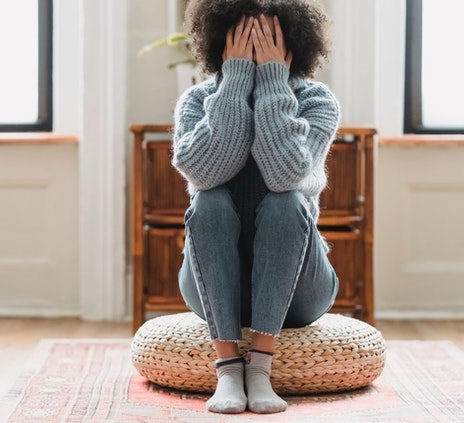 If you’re spending an excessive amount of time on social media and feelings of sadness, dissatisfaction, frustration, or loneliness are impacting your life, it may be time to re-examine your online habits and find a healthier balance.
If you’re spending an excessive amount of time on social media and feelings of sadness, dissatisfaction, frustration, or loneliness are impacting your life, it may be time to re-examine your online habits and find a healthier balance.
Impact of social media
There’s little research to establish the long-term consequences, good or bad, of social media use.
While virtual interaction on social media doesn’t have the same psychological benefits as face-to-face contact, there are still many positive ways in which it can help you stay connected and support your wellbeing. However, multiple studies have found a strong link between heavy social media and an increased risk for depression, anxiety, loneliness, self-harm, and even suicidal thoughts.
Inadequacy about your life or appearance. Even if you know that images you’re viewing on social media are manipulated, they can still make you feel insecure about how you look or what’s going on in your own life.
Fear of missing out (FOMO) and social media addiction. While FOMO has been around far longer than social media, sites such as Facebook and Instagram seem to exacerbate feelings that others are having more fun or living better lives than you are.
Isolation. A study at the University of Pennsylvania found that high usage of Facebook, Snapchat, and Instagram increases rather decreases feelings of loneliness. Conversely, the study found that reducing social media usage can actually make you feel less lonely and isolated and improve your overall wellbeing.
Depression and anxiety. Human beings need face-to-face contact to be mentally healthy. Nothing reduces stress and boosts your mood faster or more effectively than eye-to-eye contact with someone who cares about you.
Cyberbullying. About 10 percent of teens report being bullied on social media and many other users are subjected to offensive comments.
Self-absorption. Sharing endless selfies and all your innermost thoughts on social media can create an unhealthy self-centeredness and distance you from real-life connections.
What’s driving your social media use?
Many of us use social media as a “security blanket”. Whenever we’re in a social situation and feel anxious, awkward, or lonely, we turn to our phones and log on to social media.
Your heavy social media use could be masking other underlying problems, such as stress, depression, or boredom. If you spend more time on social media when you’re feeling down, lonely, or bored, you may be using it as a way to distract yourself from unpleasant feelings or self-soothe your moods.
Signs that social media is impacting your mental health
Indicators that social media may be adversely affecting your mental health include:
- Spending more time on social media than with real world friends.
- Comparing yourself unfavorably with others on social media.
- Experiencing cyberbullying.
- Being distracted at school or work.
- Having no time for self-reflection.
- Engaging in risky behavior in order to gain likes, shares, or positive reactions on social media.
- Suffering from sleep problems.
- Worsening symptoms of anxiety or depression.
Helping a child or teen with unhealthy social media use
For some kids, social media has a way of exacerbating those problems and fueling anxiety, bullying, depression, and issues with self-esteem. If you’re worried about your child’s social media use, it can be tempting to simply confiscate their phone or other device. But that can create further problems, separating your child from their friends and the positive aspects of social media. Instead, there are other ways to help your child use Facebook, Instagram, and other platforms in a more responsible way.
- Monitor and limit your child’s social media use.
- Talk to your child about underlying issues.
- Enforce “social media” breaks.
- Teach your child how social media is not an accurate reflection of people’s lives.
- Encourage exercise and offline interests.
Excerpted from “Social Media and Mental Health” from HelpGuide.org. Read the full article online for more details on the positive and negative aspects of social media and how modifying social media use can improve your mental health.
Source: HelpGuide.org | Social Media and Mental Health, https://www.helpguide.org/articles/mental-health/social-media-and-mental-health.htm | ©1999-2023 HelpGuide.org
A screening can help you determine if you or someone you care about should contact a mental health professional. Care Coordinators can arrange a free 30-minute Care Consultation so you can explore options with an expert. Call or email us at 650.688.3625 or careteam@chconline.org to set up an initial Consultation appointment.
This resource is filed under:





